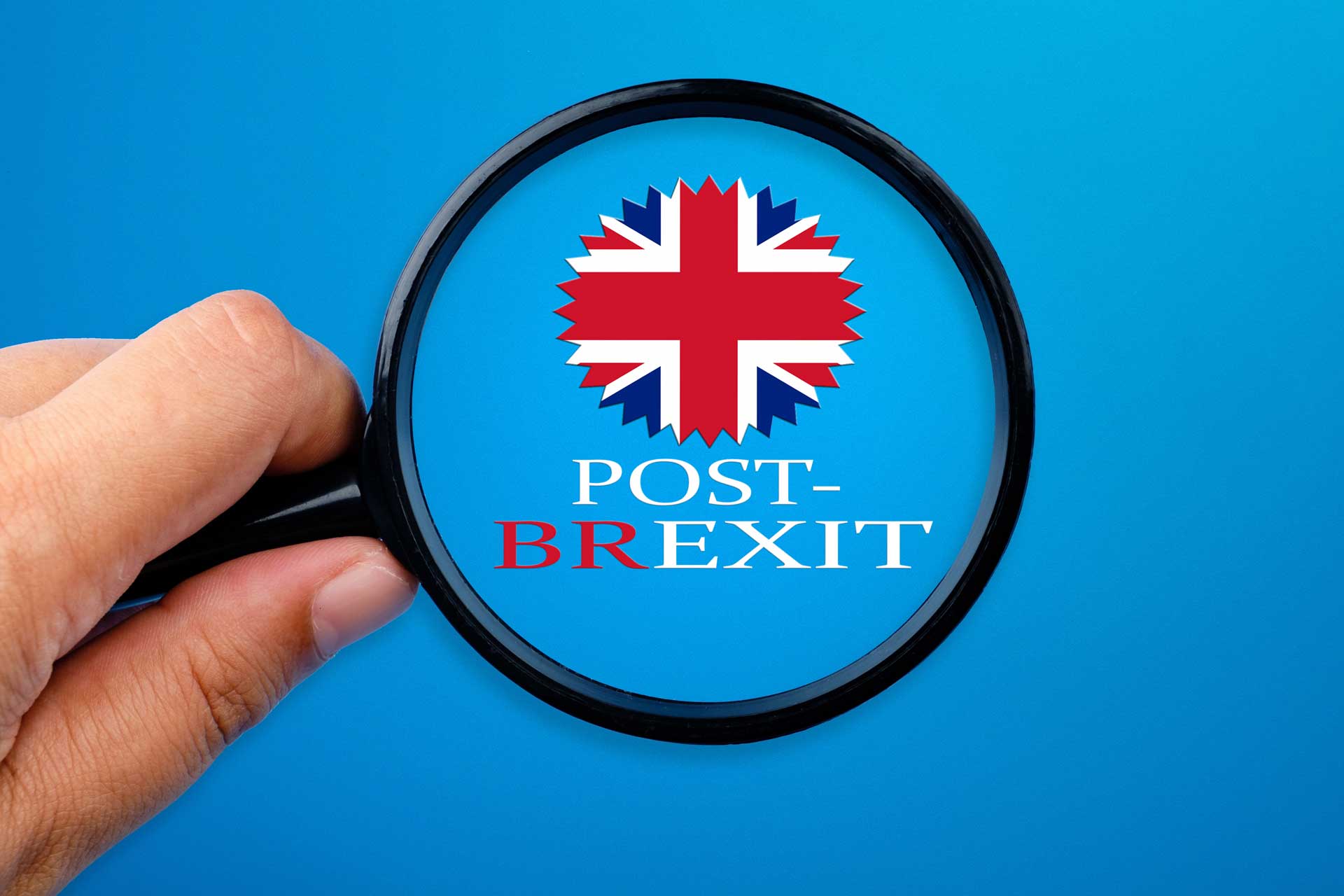A lot has already happened in 2020 in regard to Brexit and the new transition period as well as the UK Government’s approach to future negotiations. There is, unfortunately, still a reasonable amount of uncertainty for businesses, but at least a workable path forward is starting to form.
For the majority of businesses across the UK and the EU, the hope for a free (or as-frictionless-as-possible) trade agreement is front and centre of everyone’s minds. But, there still isn’t any concrete guarantee that will be the final result. So, let us help you get to grips with what’s currently happening and what could still happen in the future with this Smart Directions Brexit update.
For anyone involved in international trade, keeping your supply chain moving forward is essential not only for your finances, but for your peace of mind too. Thankfully, our team at Smart Directions is keeping one step ahead of any Brexit pitfalls that may arise in the future with the assistance of our highly experienced Customs Broker. This is allowing us to keep our customers’ freight moving forward without any delays even during the more uncertain times of Brexit. To discuss your unique freight requirements, please contact our team now.
Brexit Latest – The transition period
In a nutshell, things are going to change for UK and EU companies doing business with one another from 1 January 2021. The period up until this date is known as the transition period and it should be at this time that you make all the required preparations to ensure your business experiences as little disruption as possible. It’s important to note that all current rules on trade, travel, and business for the UK and EU will continue as normal up until 1 January 2021.
The UK’s ambitions for Free Trade as detailed by Boris Johnson
On 3 February 2020, Boris Johnson outlined his ambitions for Free Trade Agreement with the EU as well as other key areas of cooperation. His hope, is that many of the existing Free Trade Agreements (FTA) the EU currently has in place with other countries can be used as a baseline agreement and developed into a more bespoke agreement for the UK. However, the EU has downplayed the potential this arrangement would have for success, citing various differences between the UK and (more distant) international countries, such as Canada.
Despite this, the UK Government remains focused on the following aspects of a Free Trade Agreement:
1) National Treatment and Market Access for Good
For as long as Brexit has been a popular news item, it’s been touted that trade could/can easily continue between the UK and EU without the financial burden of tariffs, fees, charges, or restrictions. However, the practicality of how this will work remains to be seen. Obviously, there will have to be some compromise on both sides but how this will take shape is still somewhat of a mystery. Additionally, the UK Government hopes to define a protocol in order to set out “appropriate and modern rules of origin” to help facilitate trade.
2) Trade Remedies
The UK Government plans for the agreement to enable the protection of national industries by limiting certain goods if unexpected surges occur or as a result of unfair trading practices. A clause like this may be enacted in exceptional times which could impact certain sectors in the UK.
3) Technical Barriers to Trade
It is hoped that the UK can reach an agreement with the EU to “address regulatory barriers to trade in goods, providing for cooperation on technical regulation, standards, conformity assessment procedures and market surveillance, building on the WTO Technical Barriers to Trade Agreement.” However, there may be certain exceptions to in some sectors, including organic products, motor vehicles, chemicals, and pharmaceuticals.
4) Customs and Trade Facilitation
As is reasonably clear, the UK wishes for a customs arrangement to be put in place so that all trade in goods can continue unhindered. This area of a Free Trade Agreement would ensure customs authorities in the UK and across the EU are able to “protect their regulatory, security and financial interests.” So, in short, the UK and EU customs authorities will be able to protect their regulatory, security, and financial interests.
While there are other areas noted in this specific press release, these are the most relevant sections in relation to the importation and exportation of physical goods.
What can your business do to prepare in the transition period?
Importing and exporting different kind of goods may create specific challenges you need to overcome or regulatory requirements that need to be adhered to. However, every business moving goods between or through common transit countries, including the EU will need a EORI number and register for the New Computerised Transit System. But, depending on whether you import or export, there will be some other obligations in addition to this.
For all businesses –
You will need to apply for an Economic Operator Registration and Identification (EORI) number if you do not currently have one
Register for the New Computerised Transit System to make transit declarations
For exporters –
A guarantee to cover your goods while they are being moved
While you can complete this yourself, it is a process that requires a meticulous approach and you may be subject to delays should you make a mistake. At Smart Directions, our highly experienced Customs Broker is here to assist you should you require any help preparing for these changes during the transition period.
At Smart Directions, we’re always fully informed of the latest changes to customs regulations and are able to advise our customs whenever they require. To speak to our Customs Broker today or for any queries, please contact us now.

